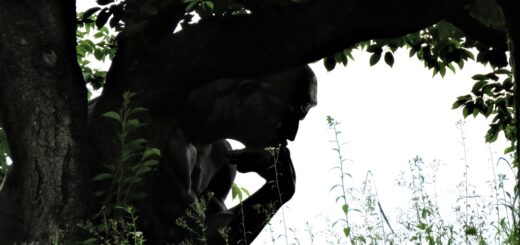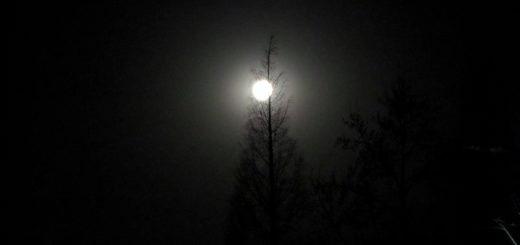The Rule of the Experts, Part Four
Experts, contrary to the popular connotation of that word, are simplifiers. More precisely, at their worst, which is to say at their most expert, they are simplistic people who, for the sake of their egos or to assuage their insecurities (or both), carefully and systematically evade the unknown — which is to say almost everything — by reducing the complexity of the cosmos to the tiny realm of conveniently organized being that falls within their own area of expertise. And by “their area of expertise,” to emphasize, I mean their area of comfort. In other words, experts are human filing cabinets, the embodiment of bureaucratic tidiness: inbox, outbox, everything in its proper and easily categorized place.
Meanwhile, as we have seen, the immoderate desire for admiration and social eminence, bred of public approbation for the utility of their knowledge, makes experts the definitive victims of confirmation bias, willing and able to see only their own established presuppositions and career-defining conclusions reflected in all things. This bias, to which all humans are susceptible, is made all the more treacherous and limiting by the inherent narrow-mindedness of the established (i.e., connected) expert, which narrow-mindedness grows narrower precisely in proportion to his subjective sense of public influence.
The economist who reduces society and human psychology to material relations or the profit motive. The psychoanalyst for whom all human behavior and aspirations are manifestations of healthy or repressed sexual development. The bureaucrat who looks at his fellow citizens and sees a system in need of more efficient organization, tighter rules, and better records. The social scientist for whom statistical analysis of arbitrarily isolated “facts” observed in caged rats renders knowledge of mankind’s ultimate interests and potential. The infectious disease specialist for whom a moderately difficult pandemic seems a sufficient reason to shut down the entire global economy and impose restrictions on all basic liberties, costing trillions of dollars, radically disrupting millions of lives, precipitating waves of despair, suicide, state-induced poverty, and family break-downs, not to mention untold thousands of dangerous illnesses left untreated due to the lockdown climate, while wantonly upending longstanding structures of civil society and traditional limits on government power, all in the name of supposedly fighting a virus that has proved largely unresponsive to all these draconian measures.
The rule of the experts, summarized: Simpleminded reductionists demand that everyone accede to a picture of life and its needs that is utterly, even aggressively, devoid of logic or evidence, and then avail themselves of the coercive power of the state to punish and subdue all who reject, or even dare to question, their narrow-minded delusions. The rule of the experts is at base the tyranny of spoiled and belligerent children craving attention.
(See also Part One, Part Two, and Part Three of this series.)


